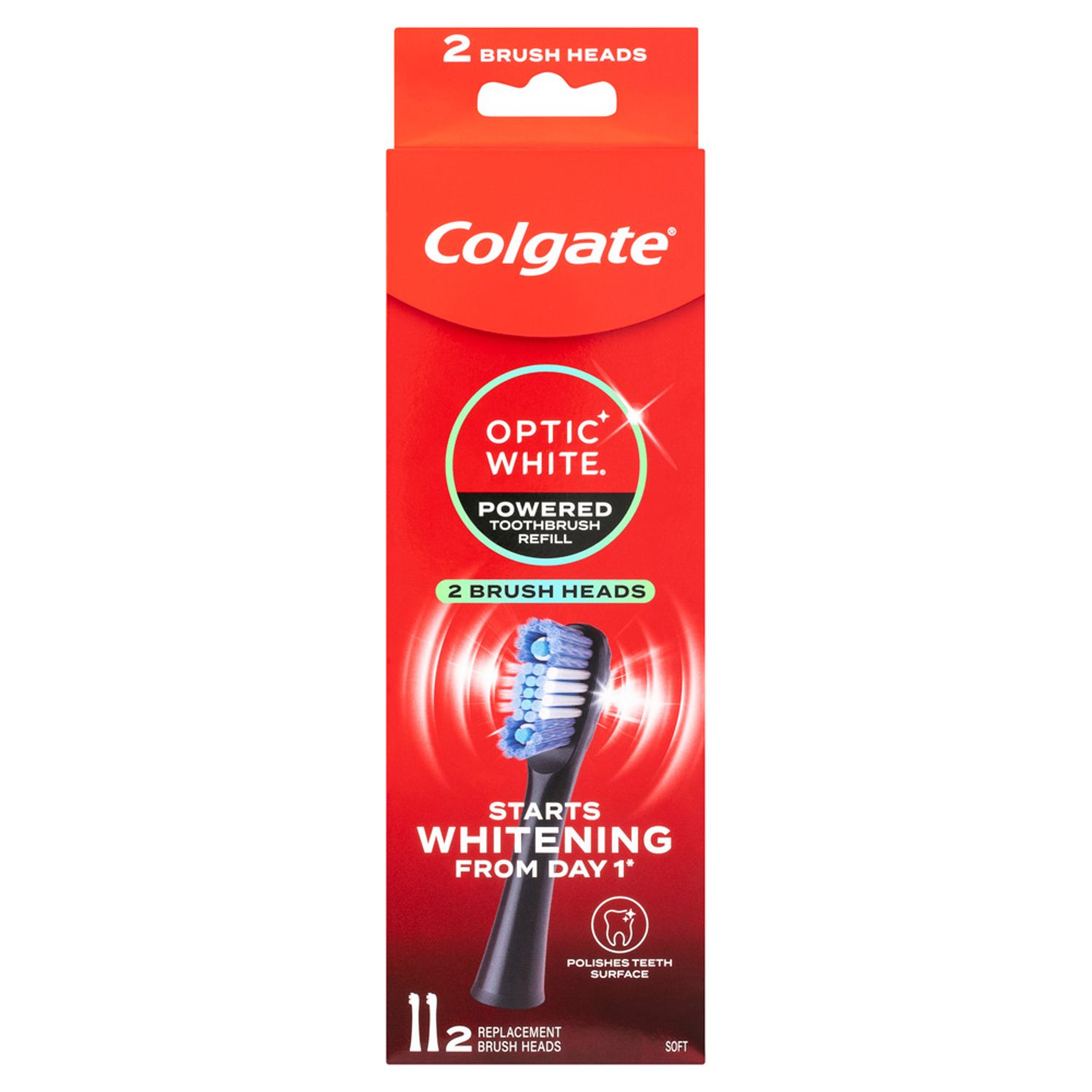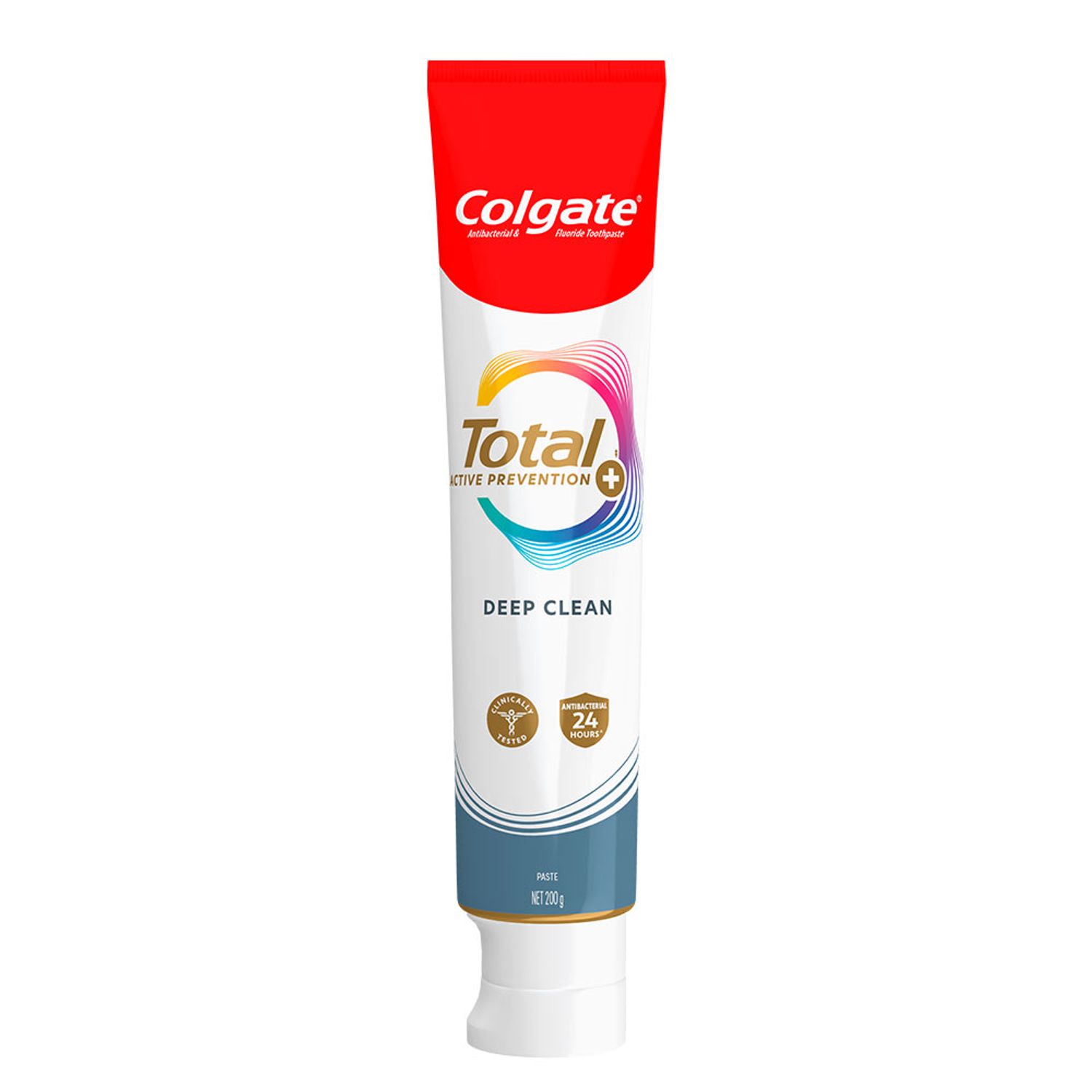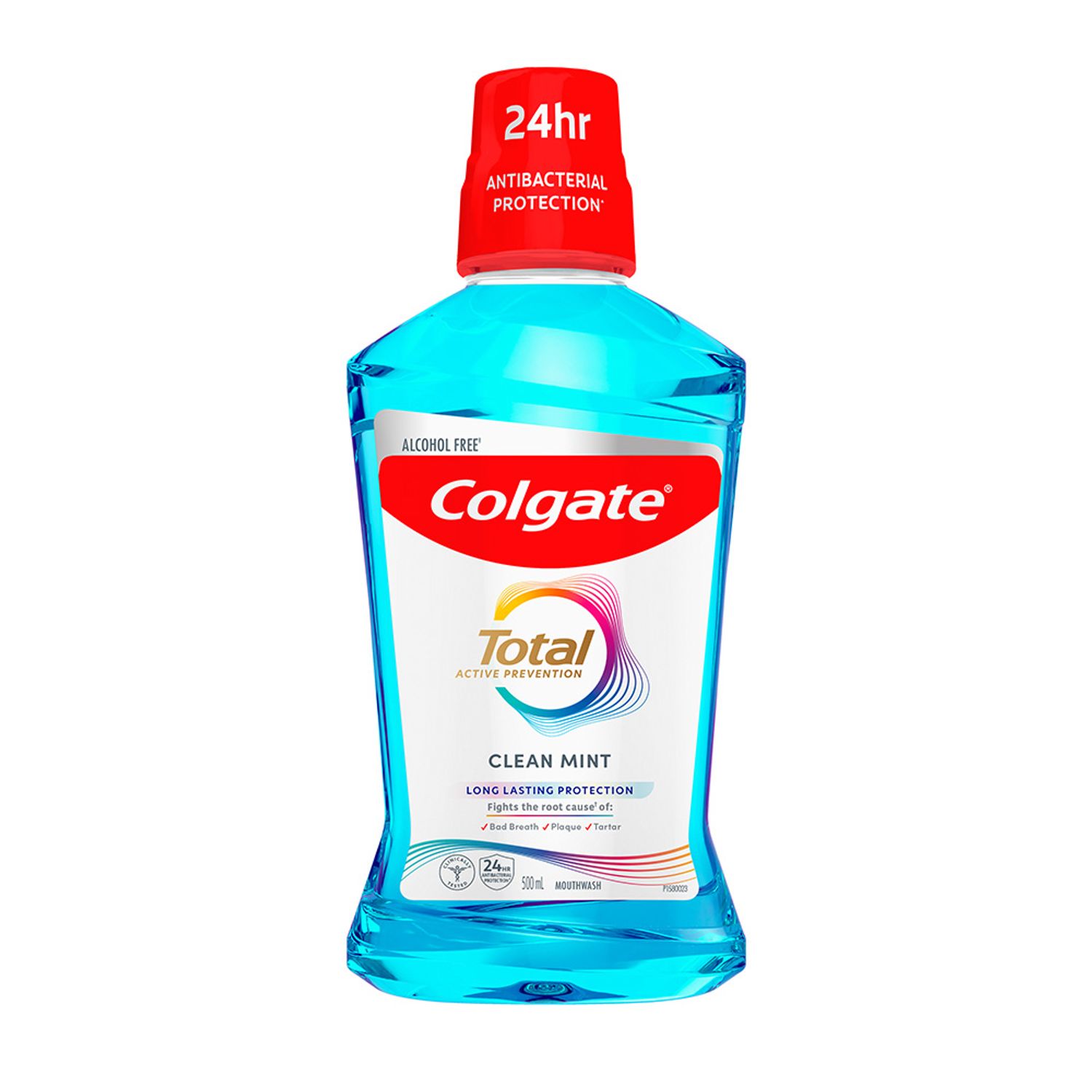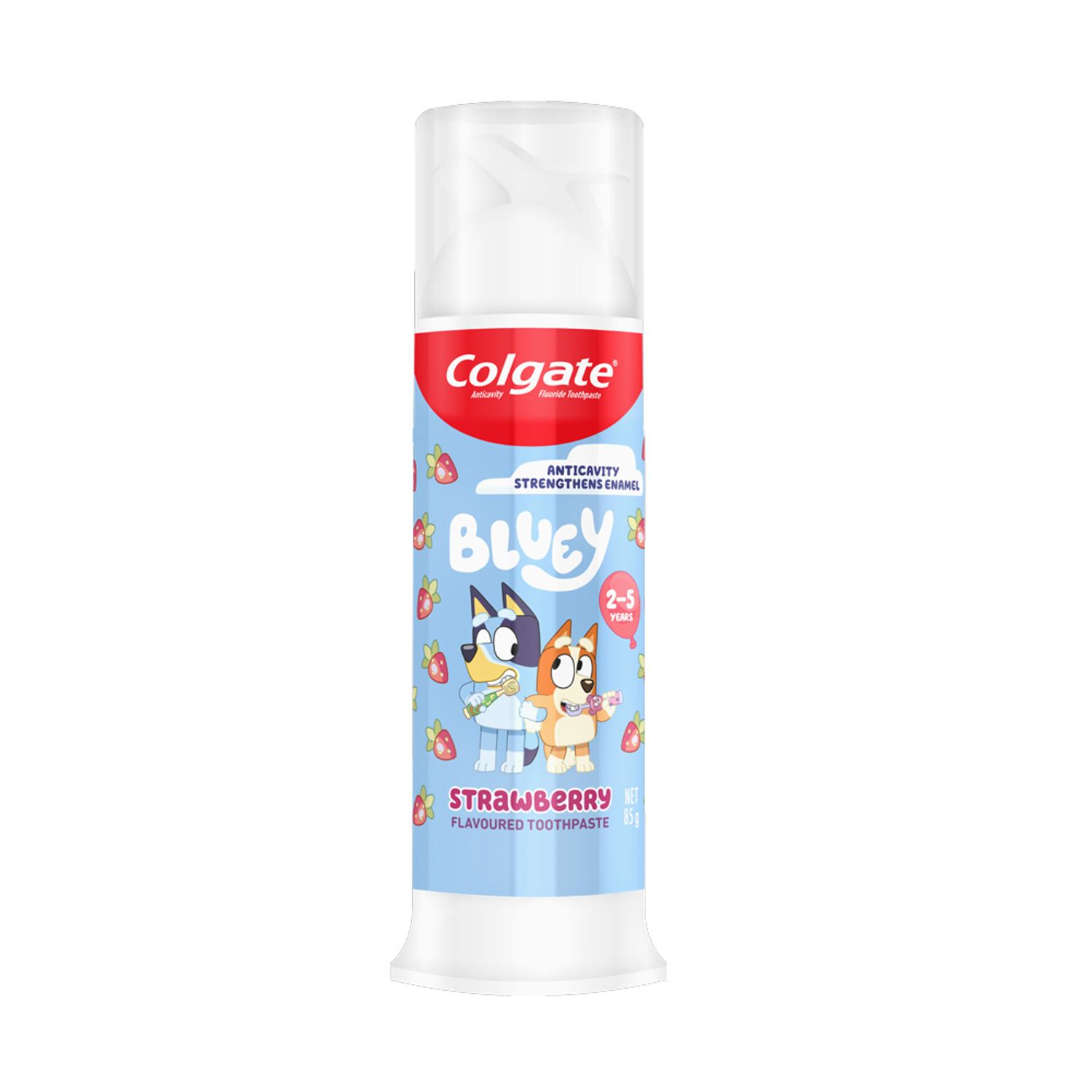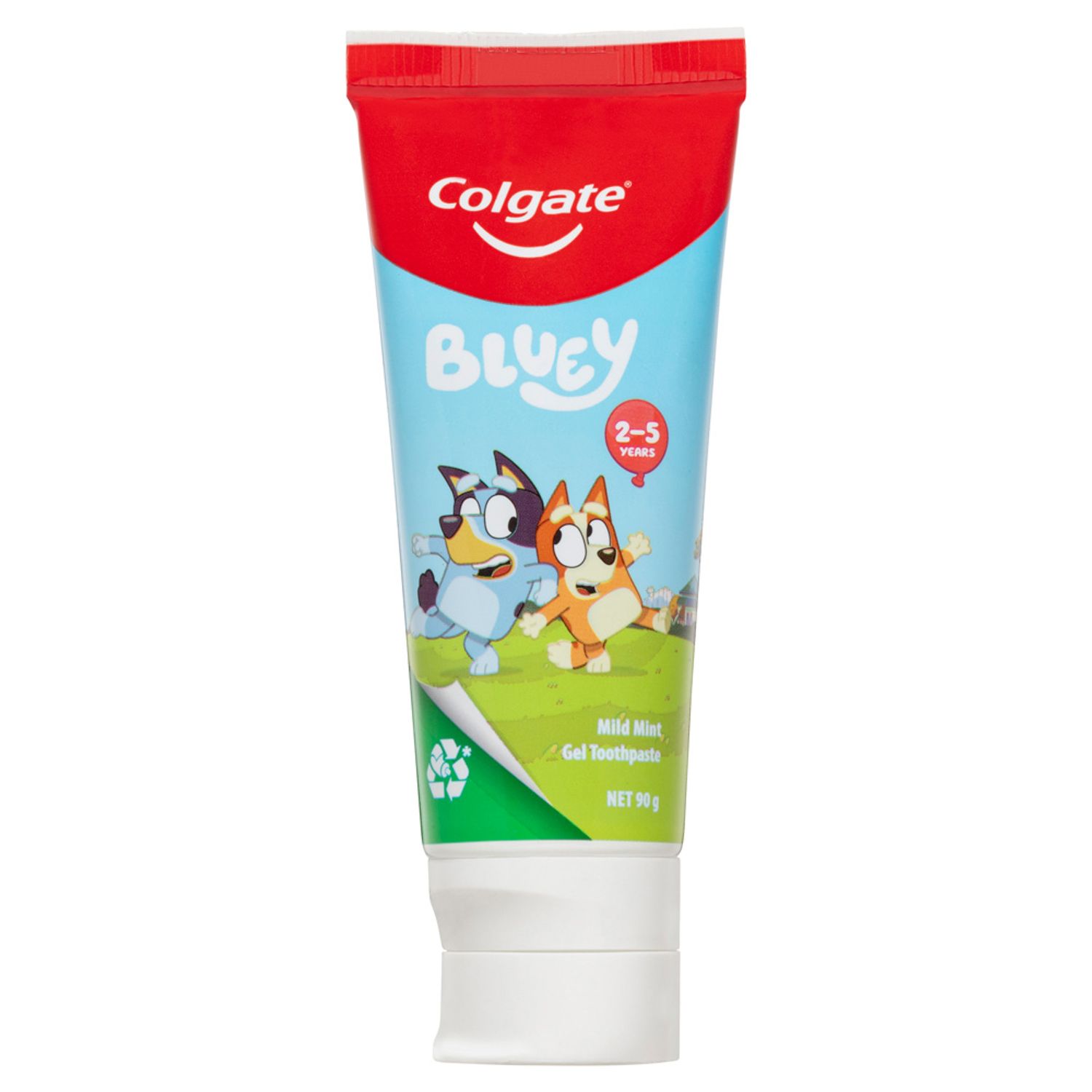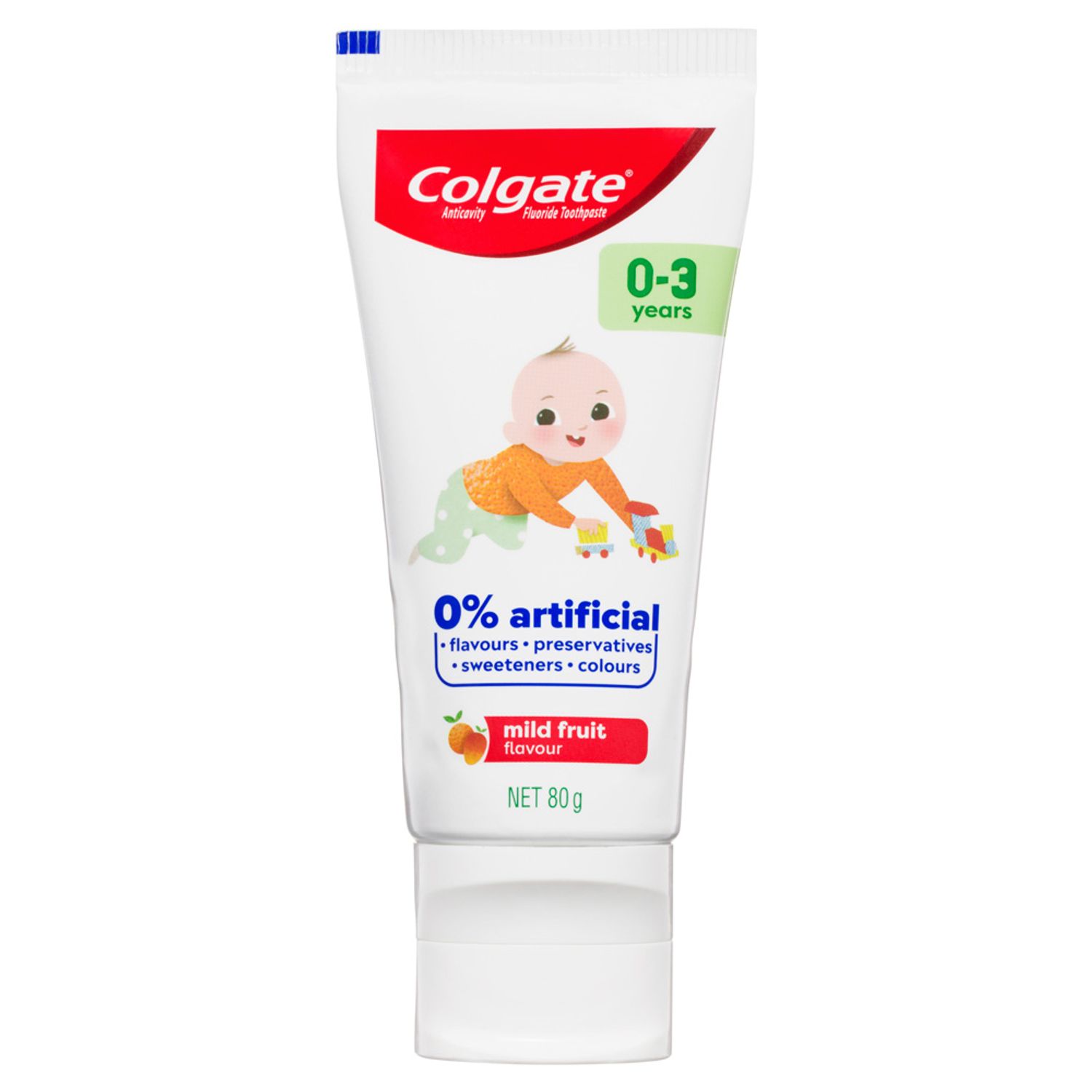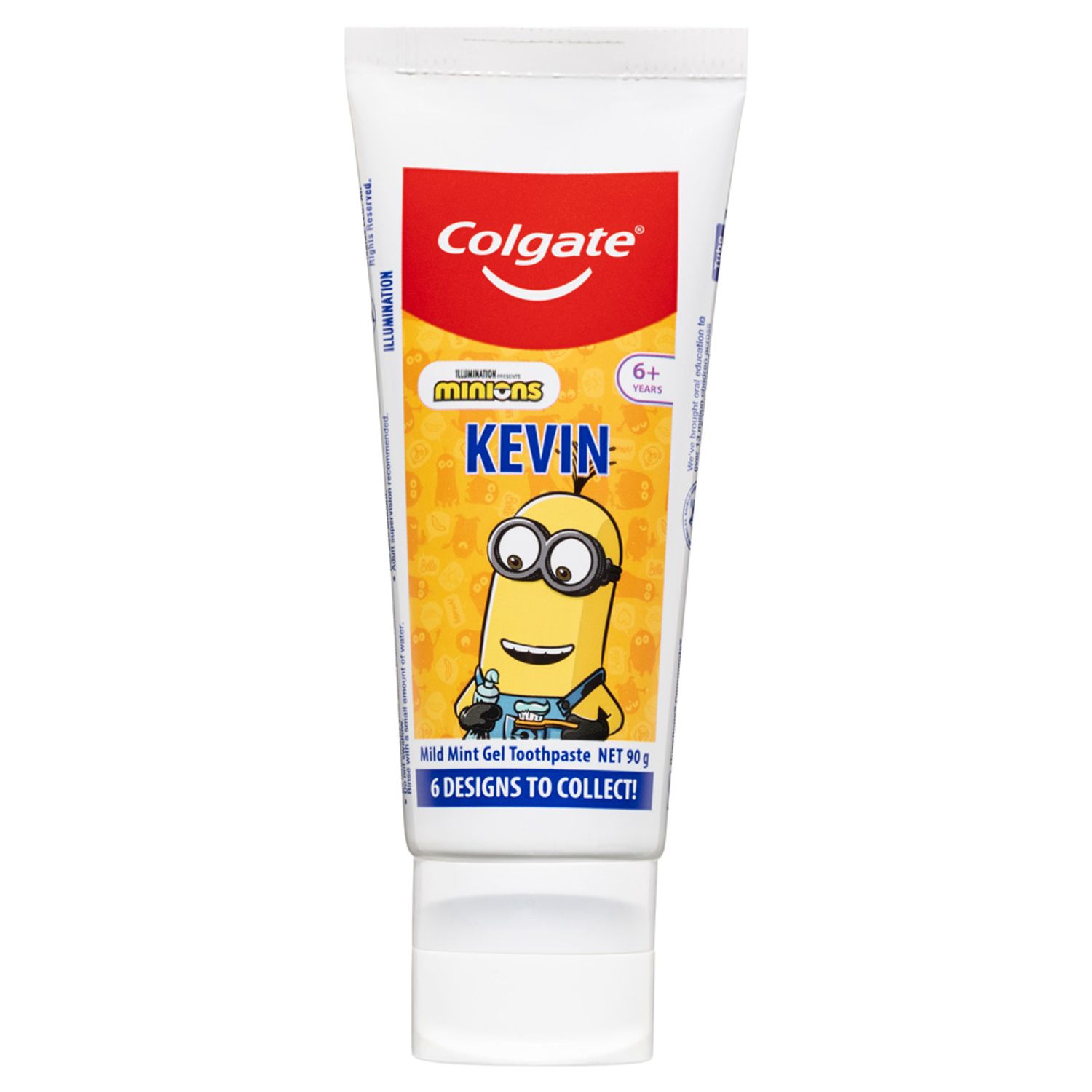-
-

BRUSHING & FLOSSING
How to BrushWhat Is the Right Way to Brush?
Proper brushing takes at least two minutes — that's right, 120 seconds!...

BRUSHING & FLOSSING
How To FlossWhat is the Right Way to Floss?
Proper flossing removes plaque and food particles in places where a toothbrush cannot easily reach... -
Science & Innovation
- Colgate® | Toothpaste, Toothbrushes & Oral Care Resources
- Oral Health
- Teen Oral Care
- What Are Oral Piercings?


Oral piercings are any piercings of the tongue, lips or cheek. In recent years, oral piercings have become a form of self-expression. As with pierced ears, the metal jewellery used in oral piercings comes in different styles, including studs, barbells and rings. However, piercing your tongue, lips or cheek involves greater health risks than piercing your ears. Before having any part of your mouth pierced, you should seek advice from your dentist.
What are the different risks involved with oral piercings?
You may not be aware of the potential side effects of oral piercings. These include:
- Infection – Our mouths contain millions of bacteria, which can lead to infection after an oral piercing. Handling jewellery once it has been placed in the mouth also increases your chances of getting an infection.
- Prolonged bleeding – If a blood vessel is punctured by the needle during piercing, the result can be difficult-to-control bleeding and serious blood loss.
- Pain and swelling – Pain and swelling are common symptoms of oral piercings. In extreme cases, a severely swollen tongue can actually close off the airway and restrict breathing.
- Chipped or cracked teeth – Contact with oral jewellery can wear and fracture teeth. Teeth that have restorations, such as crowns or caps, can also be damaged if the jewellery strikes them.
- Injury to the gums – Not only can metal jewellery injure soft gum tissue, it can cause the gums to recede. In addition to looking unattractive, receding gums leave your tooth roots more vulnerable to decay and periodontal disease.
- Interference with normal oral function – Jewellery in the mouth can cause excessive saliva flow, impede your ability to pronounce words correctly, and cause problems with chewing and swallowing.
- Blood-borne diseases – Unless instruments have been properly sterilised beforehand, there is a risk of serious infections such as hepatitis or tetanus.
- Endocarditis — oral piercing carries a risk of endocarditis, an inflammation of the heart valves or tissues. The wound created during oral piercing provides an opportunity for oral bacteria to enter the bloodstream, where they can travel to the heart.
How long do oral piercings last?
As long as your mouth stays free of infection and your oral piercings do not interfere with normal function, they can stay in your mouth indefinitely. Just be sure to see your dentist at the first sign of pain or problems, in addition to your regular check-ups. Because of the risks involved even after the initial wound has healed, such as damage to the teeth or jewellery that becomes loose and gets ingested, your safest bet is to avoid oral piercings altogether.
This article is intended to promote understanding of and knowledge about general oral health topics. It is not intended to be a substitute for professional advice, diagnosis or treatment. Always seek the advice of your dentist or other qualified healthcare provider with any questions you may have regarding a medical condition or treatment.
Related Products
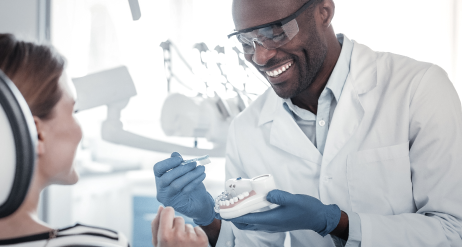
Helping dental professionals
More professionals across the world trust Colgate. Find resources, products, and information to give your patients a healthier future

